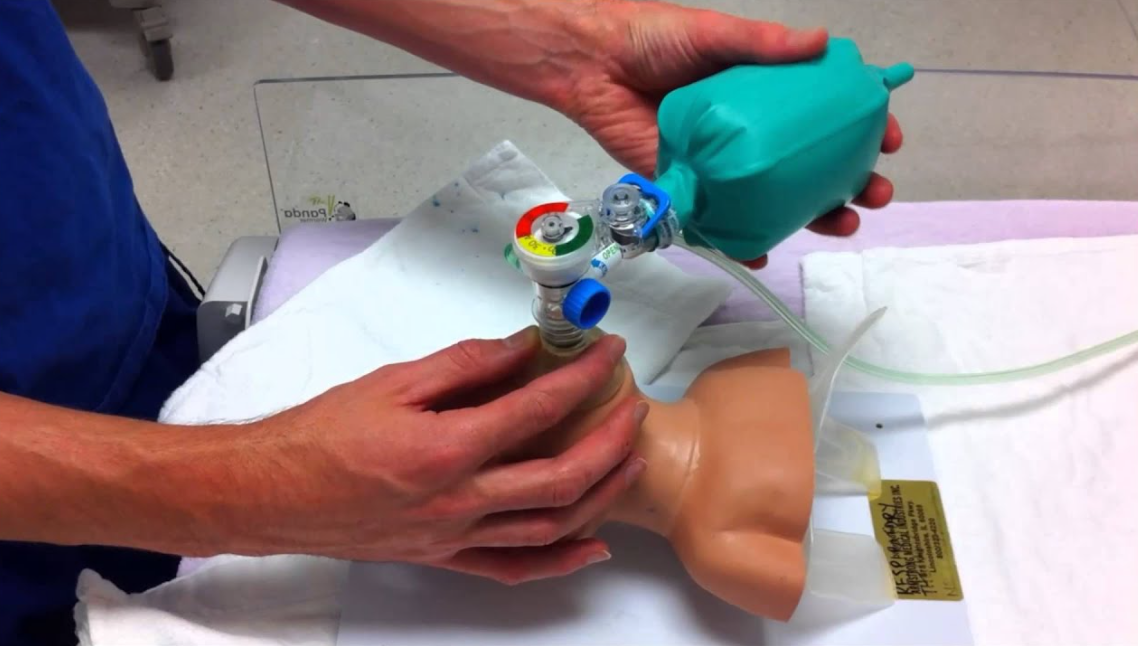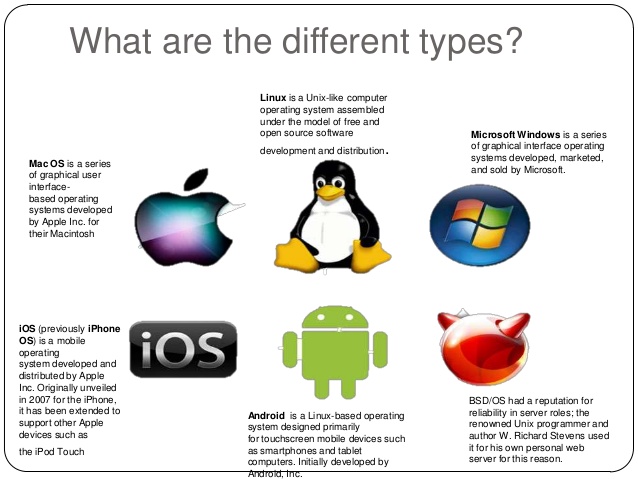UK Vets: Are Corporate Targets Inflating Pet Healthcare Costs?

Table of Contents
The Rise of Corporate Veterinary Practices in the UK
The UK veterinary landscape is undergoing a significant transformation. Independent, family-run practices are increasingly being acquired by large corporate groups, leading to a consolidation of the market. While precise market share figures fluctuate, anecdotal evidence and industry reports suggest a considerable and growing presence of corporate veterinary groups. This trend is driven by the increased profitability offered by economies of scale and streamlined operations.
- Increased Profitability: Corporate acquisitions often aim to maximize profits through centralized management, bulk purchasing, and standardized procedures. This business model, while efficient, may inadvertently lead to higher prices for pet owners.
- Examples of Corporate Groups: Several large corporate veterinary groups operate extensively across the UK, including (but not limited to) CVS Group and IVC Evidensia. These groups own numerous veterinary practices nationwide.
- Potential Benefits: It's important to acknowledge that corporate ownership isn't inherently negative. Larger groups can sometimes invest more in advanced technology, equipment, and staff training, potentially leading to improved diagnostic capabilities and treatment options. However, this investment must be balanced against the overall impact on pricing.
Analysis of Pet Healthcare Cost Increases
Data from the past five years reveals a clear upward trend in veterinary fees across the UK. While factors such as inflation and advancements in veterinary medicine contribute to these increases, a growing concern centers around the potential influence of corporate ownership. Comparing costs between corporate and independent veterinary practices reveals potential discrepancies, although concrete, widespread comparative data is limited and requires further research.
- Rising Costs of Common Procedures: The cost of routine procedures, such as vaccinations and neutering, alongside more complex surgeries and emergency treatments, has significantly increased. Specific examples are needed for a complete picture, with regional variations also impacting the cost.
- Pricing Strategies: Corporate veterinary practices may employ different pricing strategies compared to their independent counterparts. Bulk discounts on medications or standardized pricing across multiple practices could be observed, but transparency in pricing remains a concern for many pet owners.
- Beyond Corporate Influence: It's crucial to remember that rising vet bills aren't solely attributable to corporate consolidation. Increased medication costs, the need for specialized equipment, and the rising cost of training and employing skilled veterinary professionals all contribute to the overall increase in animal healthcare costs.
The Impact on Pet Owners
The rising cost of pet healthcare places a significant financial burden on many UK pet owners. For low-income families, access to essential veterinary care can become a critical challenge, forcing difficult decisions between affording treatment and other necessities.
- Financial Strain: Many anecdotal stories illustrate the struggle pet owners face when faced with unexpected veterinary bills, leading to difficult choices and sometimes even heartbreaking decisions regarding their pet's health.
- Role of Charities: Animal welfare charities play a vital role in supporting pet owners who struggle to afford veterinary care. These organizations often provide financial assistance or subsidize treatments for those in need.
- Pet Insurance: Pet insurance is becoming increasingly important as a tool to manage the risk of unexpected and potentially expensive veterinary bills. However, choosing the right policy requires careful research to ensure adequate coverage at a manageable cost.
The Ethical Considerations
The increasing focus on profit within the corporate veterinary sector raises ethical concerns. While providing high-quality animal care is paramount, balancing this with maintaining affordability presents a significant challenge.
- Profit over Patient Care?: Concerns exist about the potential pressure on veterinary professionals within corporate settings to prioritize profit margins over the best interests of their patients. This pressure needs to be mitigated to uphold ethical standards.
- Transparency in Pricing: Greater transparency in veterinary pricing is crucial to allow pet owners to make informed decisions and to compare costs effectively across different practices. Clear and upfront pricing should be standard practice.
- Regulatory Oversight: Regulatory bodies like the Royal College of Veterinary Surgeons (RCVS) have a vital role in overseeing veterinary practices, ensuring ethical standards and patient welfare are upheld amidst corporate consolidation.
Conclusion
The rising cost of UK vet care is a multifaceted issue, with the increasing influence of corporate veterinary groups potentially playing a significant role. While corporate ownership can bring benefits like investment in technology, the impact on overall costs and accessibility for pet owners needs careful consideration. Transparency in pricing, increased support for low-income pet owners, and robust regulatory oversight are crucial to ensuring affordable and ethical pet healthcare for everyone.
Call to Action: Don't let corporate consolidation silence your voice. Research veterinary practices in your area, compare prices, and consider pet insurance to manage the costs of UK vet care. If you're concerned about the rising cost of pet healthcare, contact your MP and share your experiences. Understanding UK vet costs is crucial for responsible pet ownership. For further information on pet insurance, please refer to [link to a comparison website].

Featured Posts
-
 Womans Basement Holds A Surprise A Plumbers Unexpected Discovery
May 31, 2025
Womans Basement Holds A Surprise A Plumbers Unexpected Discovery
May 31, 2025 -
 Apple Operating System Name Changes Speculation And Analysis
May 31, 2025
Apple Operating System Name Changes Speculation And Analysis
May 31, 2025 -
 Tudor Pelagos Fxd Chrono Pink Release Date And Info
May 31, 2025
Tudor Pelagos Fxd Chrono Pink Release Date And Info
May 31, 2025 -
 How Dangerous Climate Whiplash Is Reshaping Cities Worldwide
May 31, 2025
How Dangerous Climate Whiplash Is Reshaping Cities Worldwide
May 31, 2025 -
 Sanofi Etend Son Portefeuille D Anticorps Grace A Dren Bio
May 31, 2025
Sanofi Etend Son Portefeuille D Anticorps Grace A Dren Bio
May 31, 2025
